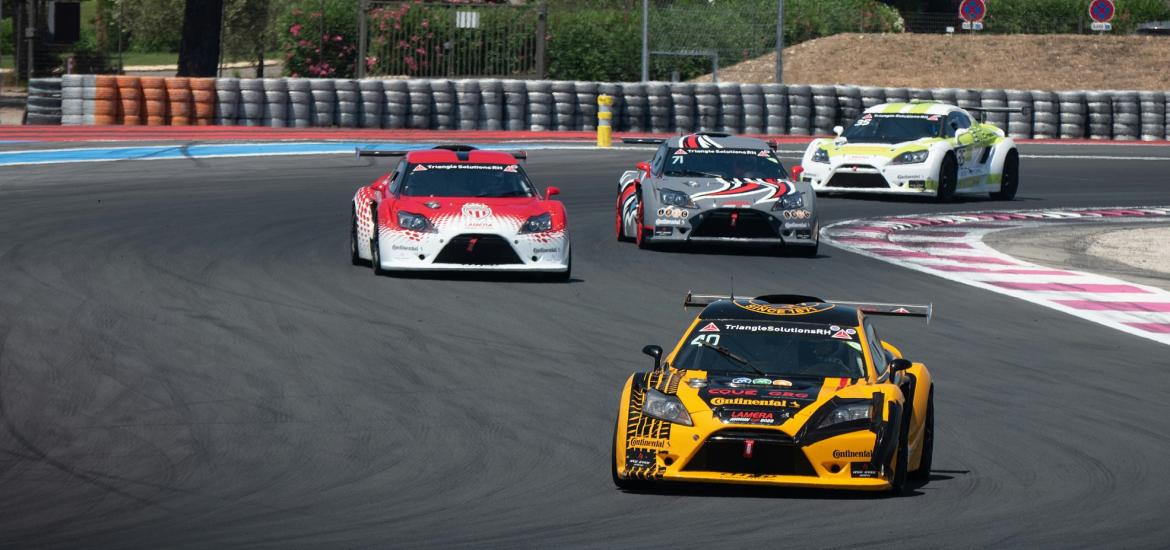
Umoja and AbbVie chase Interius with in vivo Car-T
The companies hope to be as efficacious as ex vivo therapy, with convenience and safety advantages.
The companies hope to be as efficacious as ex vivo therapy, with convenience and safety advantages.

Not long after Interius revealed the first human trial for in vivo Car-T, Umoja is following suit, on Wednesday announcing FDA clearance of a phase 1 trial for its lead project, the CD19-targeting UB-VV111. The first patient is set to be dosed by the end of the year.
Umoja is responsible for the study, although its partner AbbVie could choose to opt in at any point. The smaller player will also receive a “pretty generous milestone” if and when a third patient is dosed, Umoja’s chief operating officer, David Fontana, told ApexOnco ahead of today’s announcement.
In vivo advantages?
In vivo Car-T could have advantages over ex vivo therapy: the former would be given off the shelf, making it quicker and more convenient to administer. This could help open up Car-T to community hospitals within the US, as well as others countries that currently don’t have the infrastructure for ex vivo therapy, Fontana said.
Privately-held Umoja also reckons its project won’t require the harsh lymphodepletion regimens necessary with ex vivo Car-T, thereby reducing the risk of infection.
First, though, the company will need to show UB-VV111’s worth in the upcoming Invicta-1 trial, which will recruit relapsed and refractory LBCL and CLL patients, both Car-T naive and experienced. Up to 80 subjects will be enrolled in the dose-finding stage, which could be expanded by another 40 patients if the companies choose to explore a particular patient population or dose.
A comprehensive dataset should be available in around a year, although Umoja might release earlier cuts sooner, Fontana said, adding: “The field’s starving for data.”
Ultimately, Umoja wants to show that UB-VV111 is as good as ex vivo CD19-targeting Car-Ts like Bristol Myers Squibb’s Breyanzi and Gilead’s Yescarta. Fontana even believes there could be room for improvement, particularly in CLL where only Breyanzi is approved; that drug produced a complete response rate of just 20% in the Transcend-CLL study.
In this setting, Fontana mooted the possibility of combining UB-VV111 with AbbVie’s Imbruvica and Venclexta. “That would be my vision – and I’m sure AbbVie’s as well.”
He conceded that a potential disadvantage of in vivo Car-Ts could be the need for patients to have a relatively healthy immune system, as they will effectively be making their own product. But he added “that’s also true for ex vivo Car-T”.
Rapamycin activated
Fontana noted a feature of UB-VV111 that could help here; as well as delivering a CD19 Car transgene to a patient’s T cells, the project has a second payload, known as the rapamycin-activated cytokine receptor (RACR). When UB-VV111 is given alongside rapamycin, this activates RACR and leads to preferential expansion of the Car-T cells in vivo, according to Umoja.
Invicta-1 is testing UB-VV111 both with and without rapamycin.
UB-VV111 is delivered via a lentiviral vector, as are projects being developed by Interius and Kelonia. “We like lentiviral vectors because we know how it works,” Fontana said. “We all know how to manufacture it.”
Other groups, like Capstan and Orna, are using lipid nanoparticles, but Fontana believes these might require redosing, much like LNP-delivered mRNA vaccines for Covid.
Still, with the technology so early, it is still far from clear whether this will be the case and, indeed, whether in vivo Car-T will work as intended. But Umoja is already eyeing other targets: it plans to take a CD22-targeting project into the clinic this year, via its Chinese partner IASO Biotherapeutics.
Ultimately, the group hopes to have a hand in all the other validated Car-T targets, Fontana said, including BCMA, GPRC5D and CD20. First, though, it needs to prove its technology in the most well validated of all, CD19.
Selected companies working on in vivo generated Car-T for oncology
| Company | Project | Target antigen | Cells targeted | Note |
|---|---|---|---|---|
| Interius Biotherapeutics | INT2104 | CD20 | CD7+ve T & NK cells, lentivirus-delivered mRNA | Australia cleared to start ph1 Jul 2024 |
| Umoja Biopharma | UB-VV111 | CD19 | Lentiviral VivoVec tech delivers gene payload via CD3 | Licensed to AbbVie Jan 2024; IND cleared Jul 2024; 1st pt to be dosed YE 2024 |
| UB-VV300/310 | CD20 | – | ||
| UB-VV400/410 | CD22 | To enter clinic in 2024; investigator-sponsored Chinese trial | ||
| Sanofi | 3 programmes | Undisclosed | CD8+ T cells | Revealed at Dec 2023 R&D day |
| Tessera | Undisclosed | Undisclosed | Undisclosed | Tech poster at ASGCT 2024 |
| Kelonia Therapeutics | KLN-1010 | BCMA | iGPS platform delivers gene via lentiviral vector | Preclinical data at AACR 2024 |
| Capstan Therapeutics | CPTX2309 | CD19 | CD8+ T cells, LNP-delivered mRNA | Clinical trial possible in 2025 |
| Orna Therapeutics | ORN-101 | CD19 | Circular RNA, LNP-delivered | Expected to enter clinic by 2026 |
| Orbital Therapeutics | Undisclosed | Undisclosed | Undisclosed | – |
Source: Company filings & OncologyPipeline.
2361













